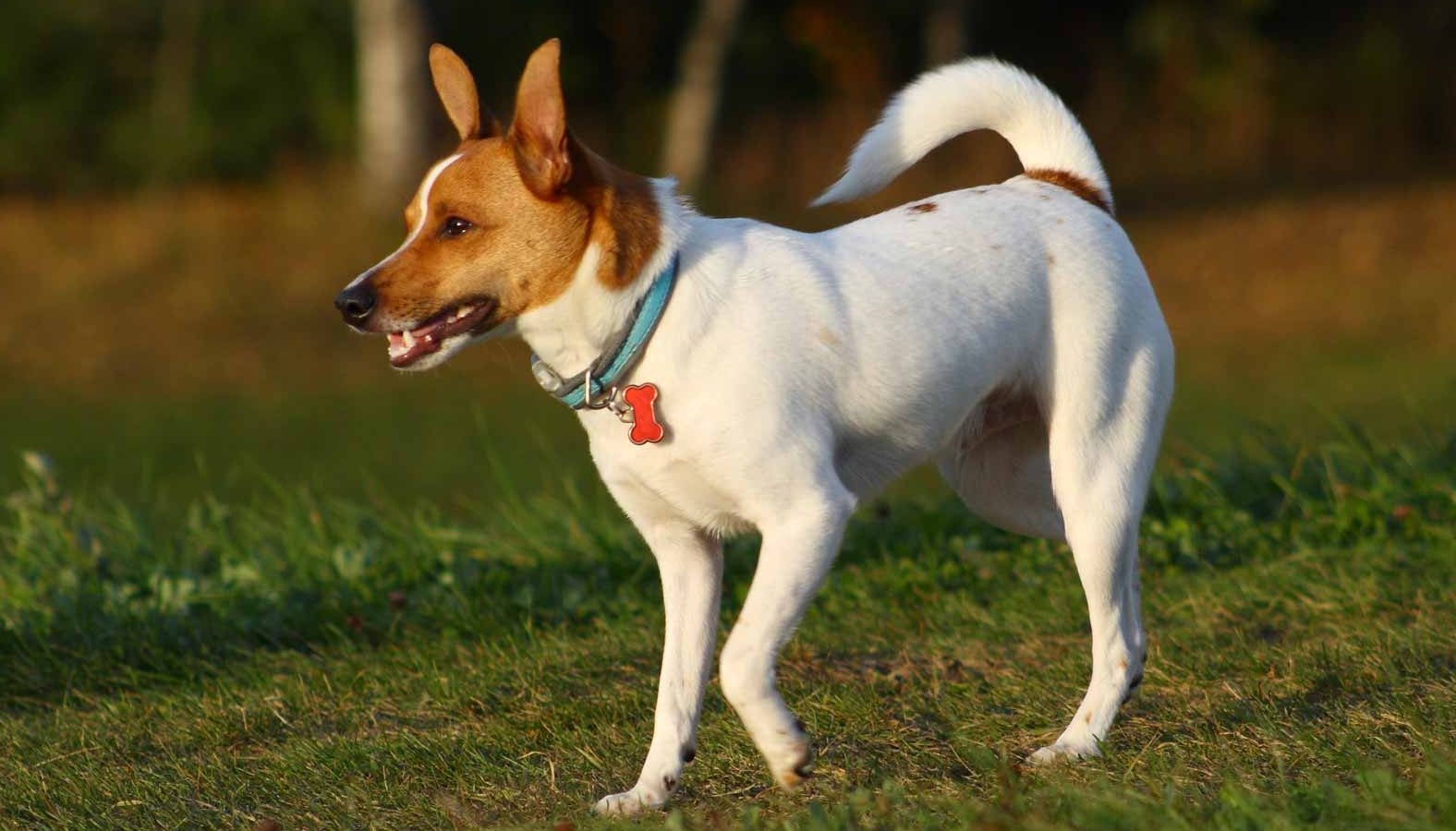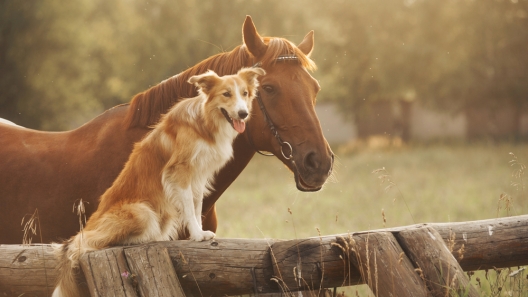-
Activity Level:
high
-
Shedding Level:
low
-
Grooming Level:
low
-
Trainability:
high
-
Good for Novice Owners:
moderate
-
Adaptability:
high
-
Kid/Pet Friendly:
often
-
Prey Drive:
high
-
Watchdog:
very alert
- Average Size: Small
- Average Lifespan: 12-18 years
- Registered?: aca, akc
Rat Terrier Dog Breed Information
Overview
Temperament
Adaptability
Health
Owner Experience
Grooming
Activity Level
Size
Life Span
Did You Know?
The Rat Terrier originated in the United States. Traditionally, they were considered more of a type of dog used for pest control rather than a specific dog breed. This means they share a lot of their ancestry with feists, which are small hunting dogs.
The Rat Terrier started to become their own breed when they rose in popularity on family farms throughout the 1920s, 30s, and 40s. They were prized for their small size, agility, and ability to keep rats and other pests under control on the farm and out of the grain stores. The breed declined after the 1950s when pesticides and poisons became popular for pest control on farms.
The breed re-emerged during the 1970s thanks to a handful of dedicated breeders who sustained the breed during the dropoff. The American Kennel Club recognized the Rat Terrier as a member of the Terrier Group in 2013. They can still be found working pest control, but they are also used as service dogs, therapy dogs, and even as police dogs where they search for contraband. And, of course, they are often found as a beloved family pet.
Although they are small, these dogs have big personalities. Like many other terriers, the Rat Terrier is feisty and energetic with a fun, playful personality. They are lively, intelligent, and love their families. They tend to get along well with children and other dogs.
But, they are terriers, which means they have a high prey drive and an urge to chase. So, you’ll need some extra socialization and training when it comes to other small pets in the household. Overall, the Rat Terrier has a friendly and open personality. They will let you know when someone is coming up to the house and will need a little bit of time to warm up to strangers, but they’ll be happy to have the attention once they do.
The Rat Terrier is a highly adaptable dog. Although they are energetic and can be prone to barking if they get bored, they do well in both apartments as well as larger homes. However, because of their prey drive, urge to chase, and talent as an escape artist, they should only be let off-leash in securely fenced areas.
This small dog will do well in most climates. As with any dog breed, they are sensitive to heat. And, due to their small size and short coat, they may need to bundle up in the winter to stay warm. Having the right mix of winter dog products on hand can help your small Rat Terrier keep warm when temperatures drop.
Rat Terriers are loyal and devoted to their families. They may show an independent attitude at times, but they are happiest when they are around their favorite people and thrive on attention and affection. As such, they do not like to be left alone for long periods of time.
This is a relatively healthy dog breed. As with any dog breed, there are some potential health concerns to be aware of. For the Rat Terrier, these potential health issues include patellar luxation, hip dysplasia, heart issues, eye disorders, and Legg-Calve-Perthes disease.
Responsible breeders will screen their stock to avoid passing diseases on to puppies. So, don’t be afraid to ask about the genetic and health history of the parents. You can also ask to see any relevant health clearances and test results to allay any concerns you may have.
As a small dog breed, the Rat Terrier is more prone to developing painful dental diseases later in life like gum disease, tooth decay, and tooth loss. Keeping up with regular vet visits and practicing good dental care for dogs can help prevent the tartar and plaque buildup that leads to dental disease.
The Rat Terrier is a moderately trainable dog breed. Although they are highly intelligent and eager to please their owners, they also have a stubborn streak and can be quite determined at times. This can be a challenge for first-time dog owners as the Rat Terrier tends to thrive with experienced owners who can be firm and consistent with positive training methods and will walk all over anyone else.
First-time dog owners can have success with this dog breed. But, puppy training classes are recommended to help them handle any stubborn streaks that may pop up during training sessions. Puppy training classes tend to be a great idea anyway as they often offer opportunities to socialize a puppy.
Rat Terriers have a short smooth coat that will shed a little year-round and a little heavier during seasonal changes. Weekly brushing and a monthly bath are usually enough to keep this dog’s coat looking great.
In addition to coat care, you will also need to care for your Rat Terrier’s nails, ears, and teeth. Monthly nail trimming is usually sufficient to keep them from growing too long. But, if your dog’s nails aren’t wearing down as much as usual or they just grow quickly, you may need to cut your dog’s nails more often.
Checking ears weekly and carefully cleaning them as needed can help prevent ear infections. You won’t always need to clean your dog’s ears, but you do want to check to make sure they are clean, dry, and free of debris or pests. If you see irritation, redness, discharge, or something else concerning, it’s time to visit the vet.
Gum disease is one of the most common health issues in dogs and, as a small dog breed, your Rat Terrier is more prone to developing it. Brushing teeth or using an enzyme toothpaste every day is ideal. From there, you can work with your vet to identify good dental hygiene chews and to create a “dental care diet” for your dog.
Rat Terriers may be high-energy dogs, but they are also small. Daily walks plus some playtime are usually enough for this dog. But, they can be quite spirited and energetic, so they’ll likely be up for more activity if you are.
You don’t want to let them off-leash unless they are in a contained area and you want to keep an eye on them to make sure they’re not overexerting themselves, but these dogs tend to be versatile. So, don’t be afraid to try different things to find things you both love doing.
Your Rat Terrier might love to play frisbee or fetch, take trips to the dog park, go hiking with you, swimming with you, and more. You can even try training them for dog sports like agility, flyball, obedience, rally, etc. They’ll likely love being able to spend time with you while being active and learning something new.
A fully-grown Rat Terrier usually stands 10-18 inches tall and weighs 10-25 pounds. In general, a standard Rat Terrier is 13-18 inches tall and a miniature Rat Terrier is 10-13 inches tall.
A Rat Terrier generally lives 12-18 years.
Rumor has it that President Theodore Roosevelt gave this dog breed its name after his own terrier successfully rid the White House of rats, but this is just a rumor and is debated.
They also tend to be born with upright ears. Around when their eyes open, their ears tend to droop a little and flop over. For some Rat Terriers, they perk back up to stick straight up again while others maintain a slightly floppy-eared look into adulthood.









